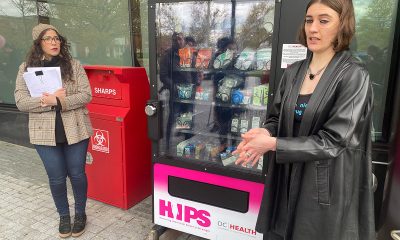Health
Should you get vaccinated for meningitis?
L.A. outbreak stokes new fears among gay men
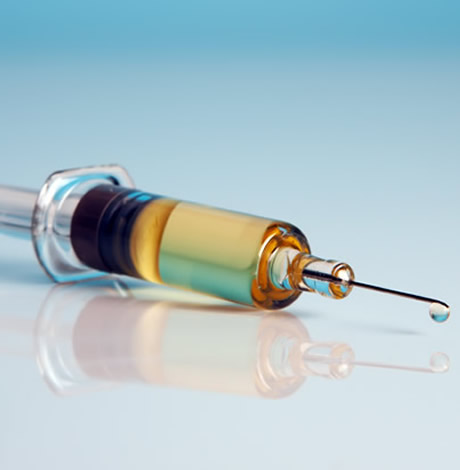
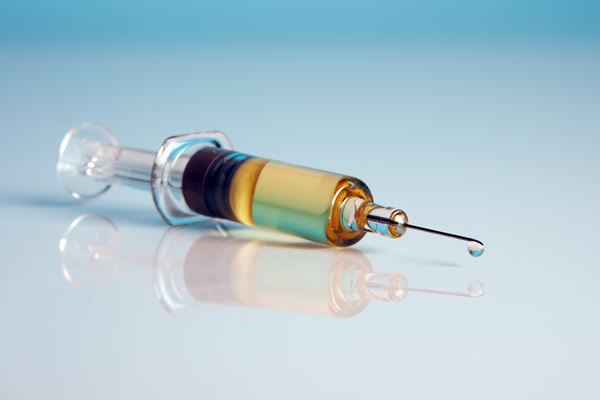
If you believe you have been in close contact with an established IMD case, a vaccine will not acutely protect you. Rather, you should consult your provider regarding a one-time antibiotic dose to prevent developing the disease.
Anxiety has again increased this past week following reports of new cases of invasive meningococcal disease (IMD), i.e. meningitis and/or sepsis caused by the bacteria Neisseria meningitidis, among gay men in Los Angeles County. IMD cases are typically scant and sporadic with little cause for broad public health concern. But this recent spate of apparently connected cases, concentrated in the gay community resonates with us differently, given our long history with a certain other disease.
Several burning questions remain for gay men amid the fear and uncertainty of what this new outbreak means for them: What is my personal risk? What can I do to protect myself from infection? And should I get vaccinated?
Since 2010, an outbreak in New York has been tracked among men who have sex with men (MSM), identifying 22 cases through April 2013, which led to seven deaths. Even so, the absolute number of annual cases within the U.S. general population remains vanishingly small, at less than half of what it was two decades ago.
Curiously, despite the recent escalation of IMD in MSM, the disease was still not on many of our radars until last spring, when four cases were detected in Los Angeles. At that time, there was much confusion over apparently conflicting messages from different departments of health and false insinuation that this was another “gay disease,” which government officials were dragging their heels on addressing. The frenzy of media coverage left many of us without clear answers on whether getting vaccinated or even worrying about the disease appearing in D.C. next was merited.
And now, following news of eight confirmed IMD cases in LA County this year – half among MSM, of which three were HIV-positive and reported residence in or socializing around West and North Hollywood – the LA County Department of Public Health last week broadened its previous recommendation for vaccination.
Health officials there now advise that all MSM be vaccinated if their residence, travel or social interactions have put them or will put them in regular close contact with other MSM. “Close contact” is defined as kissing, sexual contact, sharing eating utensils or drinking containers, sharing cigarettes, or being within a three-foot distance for more than eight hours.
Because the recent cases in LA appear to be linked, a push to increase local vaccination to include almost all MSM is indicated to prevent secondary cases in the setting of an epidemic. However, the question is more nuanced for gay men in other major cities like D.C.
Notably, Seattle’s public health officials discouraged expanded vaccination among local gay men last spring, stating that doing so would be an overreaction. Meanwhile, health departments in San Francisco and D.C., advised vaccination for sexually active gay men, who connect through social networking applications or planned to attend parties, clubs or other venues where gay men meet.
Broad vaccination for IMD is not practical in places where there is no ongoing epidemic; and to date, D.C. has had no reported cases. No real herd immunity would result from such an effort anyway, considering after several years the vaccine’s effectiveness wants, requiring a booster at five-year intervals.
So what about vaccination now? In short, it still depends on your HIV status, current and anticipated sexual practices, and most importantly, one’s tolerance for risk. So if you’re on the fence, just visit your primary care provider if interested.
For now, simple recognition of symptoms that suggest infection followed by prompt medical attention is more powerful than any vaccine. Some of the vague constitutional symptoms that may precede the onset of IMD include sudden fever, nausea, confusion, headache, sensitivity to light and sound, severe muscle aches, and rash in a previously healthy person.
Although these initial clinical features are similar to many common, self-limited viral illnesses, left untreated one’s condition may rapidly decompensate to more ominous and specific symptoms of neck stiffness, mottled or discolored skin, and cold or painful extremities.
If you believe you have been in close contact with an established IMD case, a vaccine will not acutely protect you. Rather, you should consult your provider regarding a one-time antibiotic dose to prevent developing the disease. Beyond 14 days from a suspected exposure the evidence suggests no need for antibiotic prophylaxis.
For those interested in vaccination, either of the two recommended quadrivalent conjugate vaccines (Menactra or Menveo) would cost you about $85-150 at either your local CVS pharmacy or as a walk-in at Whitman-Walker Health, with insured patients paying less. HIV-positive individuals should receive both an initial and booster shot 2 months apart.
Daniel O’Neill, MD is an internal medicine resident at Virginia Mason Medical Center in Seattle and plans to move back to D.C. this summer to continue his training.
Health
UNAIDS to commemorate Zero Discrimination Day’s 10th anniversary
UN agency urges global action to protect human rights
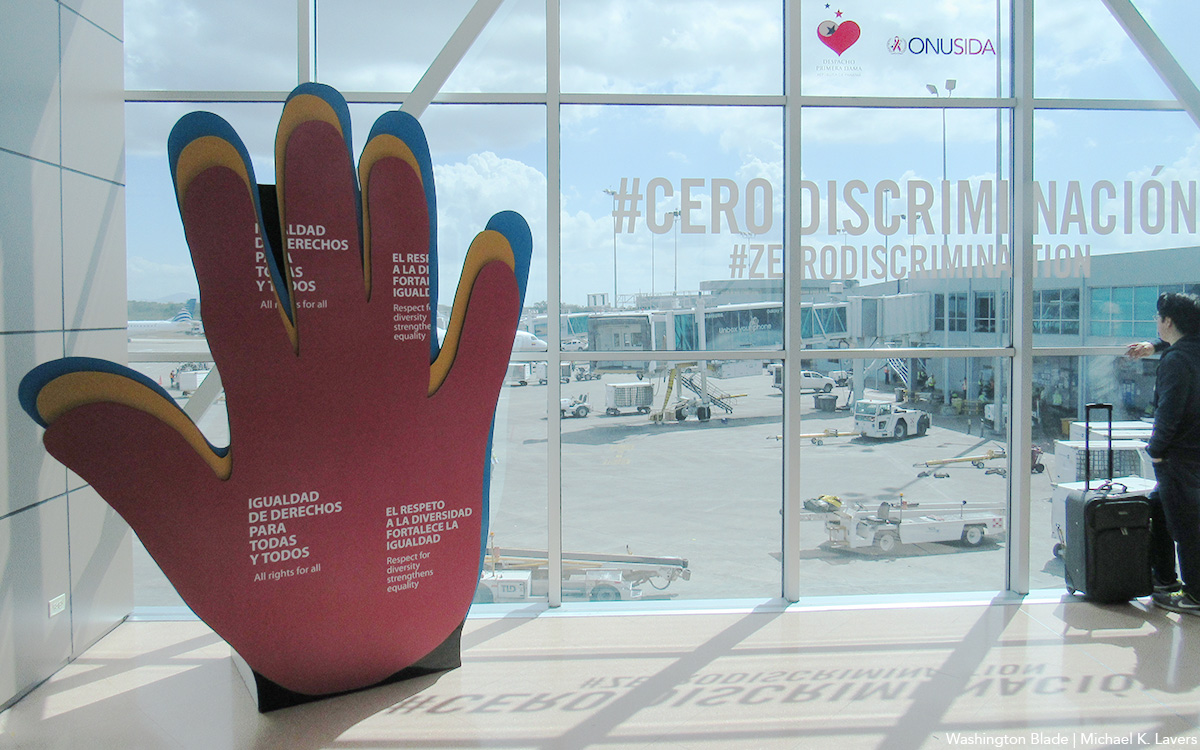
As the world marks the 10th anniversary of Zero Discrimination Day; UNAIDS is sounding the alarm on the increasing threats to human rights, calling for renewed efforts to protect the rights of all individuals as a fundamental step towards ensuring health for everyone.
Established by UNAIDS a decade ago, Zero Discrimination Day aims to promote equality and fairness regardless of gender, age, sexuality, ethnicity or HIV status. The progress achieved over the past years is now in jeopardy, however, due to rising attacks on the rights of women, LGBTQ people and other marginalized communities.
UNAIDS Executive Director Winnie Byanyima emphasized the critical link between protecting human rights and safeguarding public health.
“The attacks on rights are a threat to freedom and democracy and are harmful to health,” she said in a press release. “Stigma and discrimination obstruct HIV prevention, testing, treatment and care and hold back progress towards ending AIDS by 2030. It is only by protecting everyone’s rights that we can protect everyone’s health.”
Despite challenges, there has been notable progress.
At the onset of the AIDS pandemic more than 40 years ago, two-thirds of countries criminalized consensual same-sex sexual relations. They are now decriminalized in two-thirds of countries. An additional 38 countries around the world have pledged to end HIV-related stigma and discrimination, contributing to positive changes that include 50 million more girls attending school compared to 2015.
To sustain and enhance these advancements; UNAIDS urges global support for women’s rights movements, LGBTQ rights, racial justice, economic justice, climate justice and peace initiatives. By standing with communities advocating for their rights, the U.N. aims to reinforce the collective effort towards a more inclusive and equitable world.
Zero Discrimination Day is observed on March 1.
Events and activities that will take place around the world throughout the month will serve as reminders of the essential lesson and call to action: Protecting everyone’s health is synonymous with protecting everyone’s rights.
“Through upholding rights for all, we will be able to achieve the Sustainable Development Goals and secure a safer, fairer, kinder and happier world — for everyone,” said Byanyima.
Health
New CDC report finds transgender women at higher risk for HIV
More than 1,600 people in seven cities surveyed
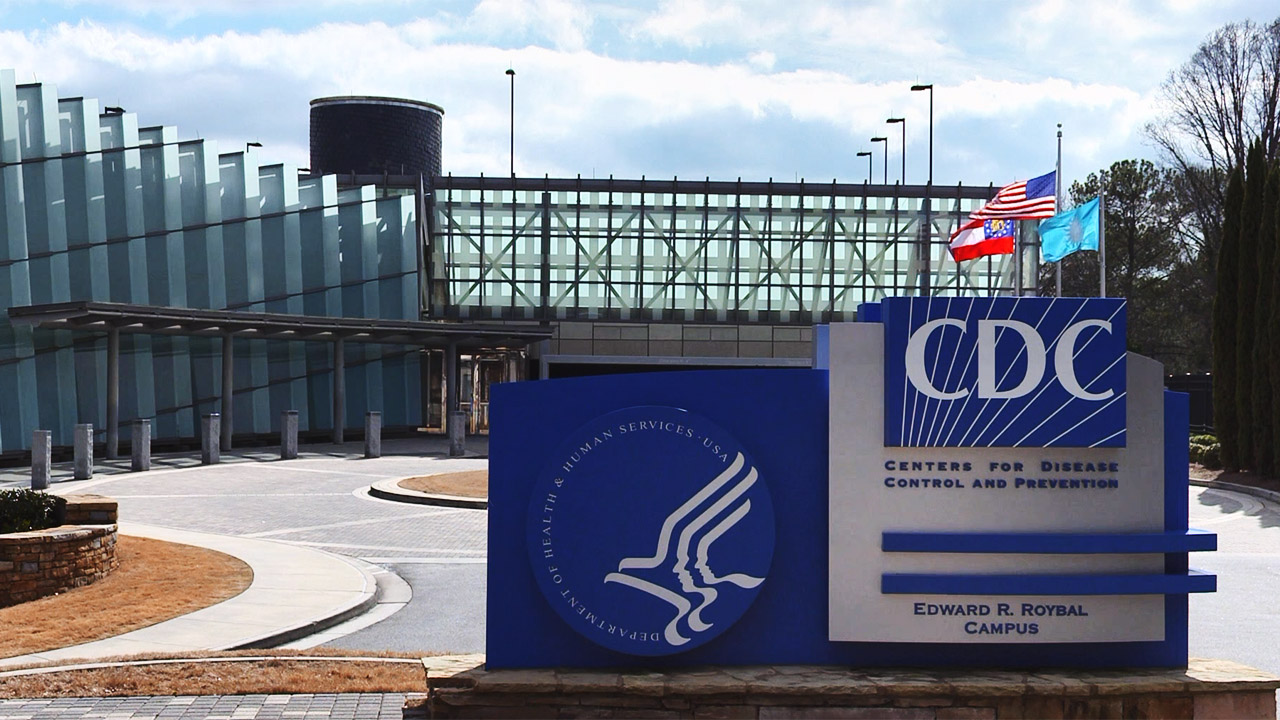
The Centers for Disease Control and Prevention issued a new study report this week that revealed that restricted by employment and housing discrimination and lack of access to needed gender-affirming healthcare for transgender women increasing the risk of contracting HIV.
Researchers reviewed data from a 2019-2020 survey, the National HIV Behavioral Surveillance Among Transgender Women, which found that the demographics of HIV/AIDS have been disproportionally high, especially among Black and Latina trans women, who had experienced employment and housing discrimination coupled with lack of access to gender-affirming healthcare.
The Jan. 25 Morbidity and Mortality Weekly Report was based on data studies of more than 1,600 trans women in seven major urban locales. Participants from Atlanta, Los Angeles, New Orleans, New York, Philadelphia, San Francisco and Seattle were chosen by referrals from people and community-based organizations who knew or were part of the local population of trans women.
The study’s researchers noted: “Employment discrimination occurs at the overlapping nexus of poverty, homelessness, incarceration, health insurance, disability, food insecurity and survival sex work. These issues are interconnected.”
The study stated that trans women’s inability to access quality healthcare, including gender-affirming treatment or access to PrEP, and can expose them to potential incarceration as many turn to “survival sex work” and violence, which increases the risk of contracting HIV.
The study’s author’s pointed out: “When economically marginalized transgender women are refused employment, this refusal cyclically contributes to economic hardships. This analysis …demonstrates the importance of transgender women working and living with dignity and without fear of unfair treatment.”
Health
A Whole New Perspective on Well-Being
The Mather’s team recognizes that everyone’s wellness journey is completely unique to their life experiences and influences.

It’s easy to spot the distinctive, elegant silhouette of The Mather, a Life Plan Community for those 62+ opening this spring in Tysons, Virginia. What is not apparent to the naked eye is The Mather’s unique wellness philosophy, which is literally built into the community.
The Mather’s team recognizes that everyone’s wellness journey is completely unique to their life experiences and influences.
Nature is one of the important factors that contribute to well-being. So The Mather is incorporating biophilic design—a design approach to facilitate access to nature or things that replicate natural patterns. This can include interior spaces with sightlines to a garden, choosing natural wood and stone as interior materials, or incorporating fragrant flowers and plants indoors to spark memories and provide tactile opportunities such as gardening.
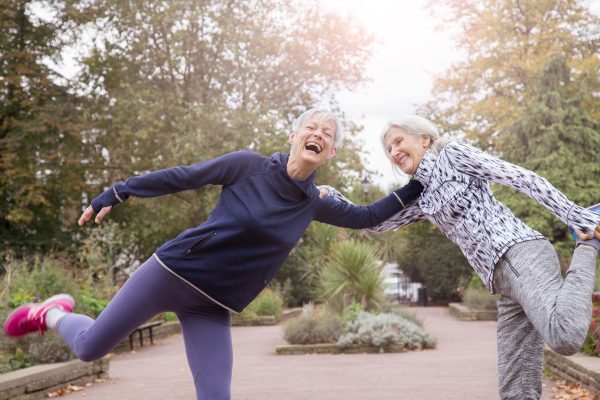
“Providing biophilic design within interior settings connects residents to the natural world,” says Mary Leary, CEO and President of Mather, the organization behind The Mather. “Research shows that a connection to nature provides positive benefits to mental states and overall well-being. At The Mather, biophilic design is the intersection of buildings and programs with nature in an urban setting.”
“The Mather is attracting a diverse group of older adults,” says Mary. “As a result, we aim to incorporate wellness practices from around the world, including Wyda movement theory of the Celtic Druids, which helps people achieve harmony with nature and contentment through mindfulness.” This holistic regenerative approach is similar to Qi Gong and yoga, while born in a different part of the world. Mather Institute has a special focus on mindfulness to support older adults’ practice of present moment awareness, which can lead to increased overall well-being, compassion, and joy.
A very different example of a wellness offering at The Mather is the Gharieni Welnamis spa wave bed, which uses computer-controlled vibrational therapy and audio frequencies to train the brain to relax. “The bed increases mindfulness, concentration, and creativity—all of which support our mission of creating Ways to Age Well,SM” says Mary.
These and other personalized ways to wellness will ensure that residents of The Mather can choose from seemingly countless ways to focus on their well-being. In other words, the sky’s the limit!
-

 State Department3 days ago
State Department3 days agoState Department releases annual human rights report
-

 South America1 day ago
South America1 day agoArgentina government dismisses transgender public sector employees
-

 District of Columbia1 day ago
District of Columbia1 day agoCatching up with the asexuals and aromantics of D.C.
-

 Politics4 days ago
Politics4 days agoSmithsonian staff concerned about future of LGBTQ programming amid GOP scrutiny



